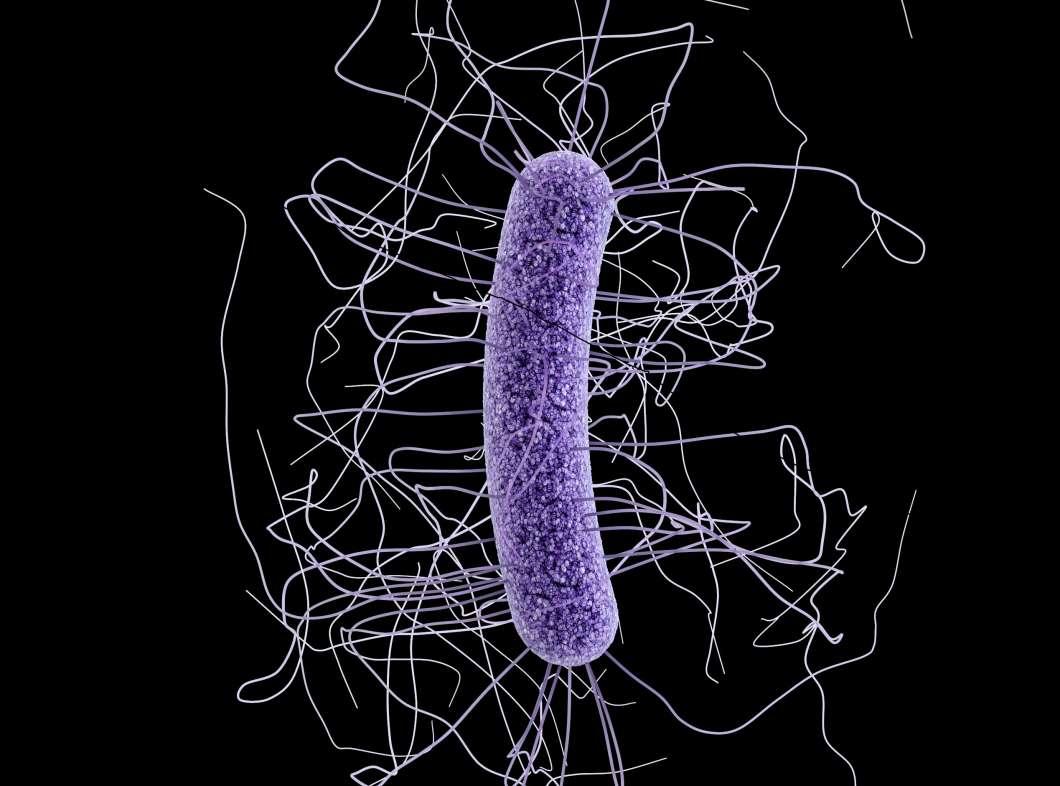

diff can recognize this extra calcium, along with a substance called bile salt produced in the liver, as a trigger for its awakening and the breaking of its shell. Whatever its source, the new discovery shows that C. diff infection if they enter a hospital, are also often counseled to take calcium supplements to compensate for lower calcium levels and protect their bones from fracturing. Older adults, who in general are more susceptible to C. People with a vitamin D deficiency are five times more likely to get C. Such patients might also be affected by low levels of vitamin D in their blood (which can keep the body from reabsorbing calcium through the gut wall, allowing it to build up) or have inflammatory bowel diseases (such as Crohn’s disease and colitis) that also block calcium absorption. Medications aimed at calming acid reflux, such as proton pump inhibitors, and steroids can increase the amount of calcium in the gut. The reason? Those people often have extra calcium in their guts because they’re taking certain medications or supplements. SEE ALSO: Stowaway Superbugs Cling to Senior Patients’ Hands diff infections and the resulting diarrhea that carries its spores out of the body. “Much of the spore’s own weight is made of calcium, but we’ve shown that calcium from the gut can work with bile salts to trigger the enzyme needed to activate the spore and start the germination process.”Īlthough the findings were made in mice, researchers say the role of calcium may help explain a longstanding mystery: why some hospital patients and nursing home residents have a much higher risk of contracting C. , senior author of the paper and a professor of microbiology and immunology at U-M. “These spores are like armored seeds, and they can pass through the gut’s acidic environment intact,” says Philip Hanna, Ph.D. diff : What triggers it to germinate, or break its dormancy, from its hard spore form when it reaches the gut? Food and Drug Administration, is published in PLOS Pathogens. The discovery, made in research laboratories at the University of Michigan Medical School and the U.S. That new insight may lead to better treatment for the most vulnerable patients. diff can’t make this final, crucial move without enough of a humble nutrient: calcium. MORE FROM THE LAB: Sign up for our weekly newsletterĪnd when it reaches their guts, the bacterium known as Clostridium difficile breaks open its shell and unleashes infections that kill nearly 30,000 Americans each year - and sicken half a million more.īut, as new research shows, the bacterium commonly called C. It preys upon patients already weak from disease or advanced age. It lurks in hospitals and nursing homes, surviving cleaning crews’ attempts to kill it by holing up in a tiny, hard shell.


 0 kommentar(er)
0 kommentar(er)
